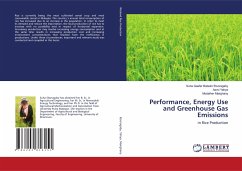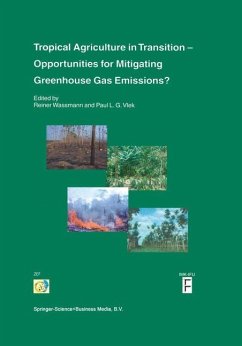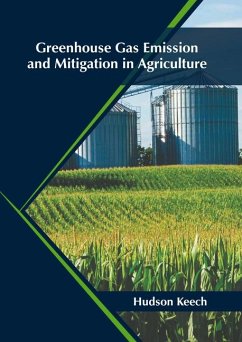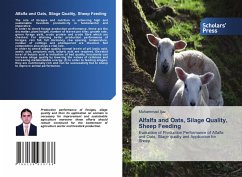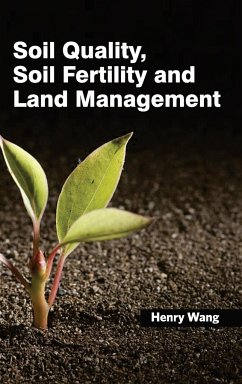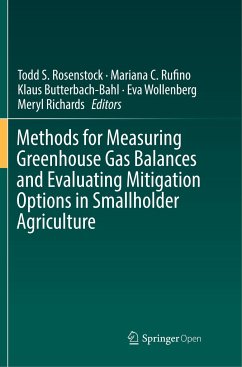
Biochar and Biochar-Compost: Crop Performance, Soil Quality, and Greenhouse Gas Emissions in Tropical Agricultural Soils
Versandkostenfrei!
Versandfertig in 6-10 Tagen
62,99 €
inkl. MwSt.

PAYBACK Punkte
31 °P sammeln!
Soil nutrient depletion, declining agricultural productivity, and climate change due to increased greenhouse gases emissions threaten the ecology and sustainability of agricultural production in the tropics. Application of biochar, compost and their mixture significantly increased crop yield compared to fertilizer alone. Soil available nutrients and plant growth were significantly improved by organic amendments. Biochar, compost, and their mixture significantly improved the availability of plant nutrients, which appeared critical in improving crop performance. Soil organic carbon (SOC), soil w...
Soil nutrient depletion, declining agricultural productivity, and climate change due to increased greenhouse gases emissions threaten the ecology and sustainability of agricultural production in the tropics. Application of biochar, compost and their mixture significantly increased crop yield compared to fertilizer alone. Soil available nutrients and plant growth were significantly improved by organic amendments. Biochar, compost, and their mixture significantly improved the availability of plant nutrients, which appeared critical in improving crop performance. Soil organic carbon (SOC), soil water content, and soil nutrient contents were significantly higher in biochar amended soils than chemical fertilizer alone, implying that potential exposure of nitrate and ammonium to the soil microbial community was significantly lower in biochar and co-composted biochar-compost amended soils compared to the fertilizer only and compost treatments. Overall, applications of biochar and compost either alone or in combination have strong potential to improve SOC, soil nutrient status, soil water content, crop yield and reduce GHG emission.



